Covid-19 has brought unprecedented challenges to the entire world. In India, the government has imposed a lockdown in an attempt to ensure people practise social distancing to curb the spread of the virus.
As with all crises, those living in poverty are disproportionately affected. The communities with whom Seva Mandir works are no exception.
The impact of the crisis on the people of southern Rajasthan
The area in which the NGO works is hilly and semi-arid, with poor infrastructure. 84% of the population are subsistence farmers who struggle to make a living from their small landholdings. As a result, increasing numbers of men migrate to distant towns, often in other states, to work as labourers in mining, construction or agriculture, leaving women to run the smallholdings, look after the animals, labour in the villages and look after children, many of whom have to work in the home or the fields.
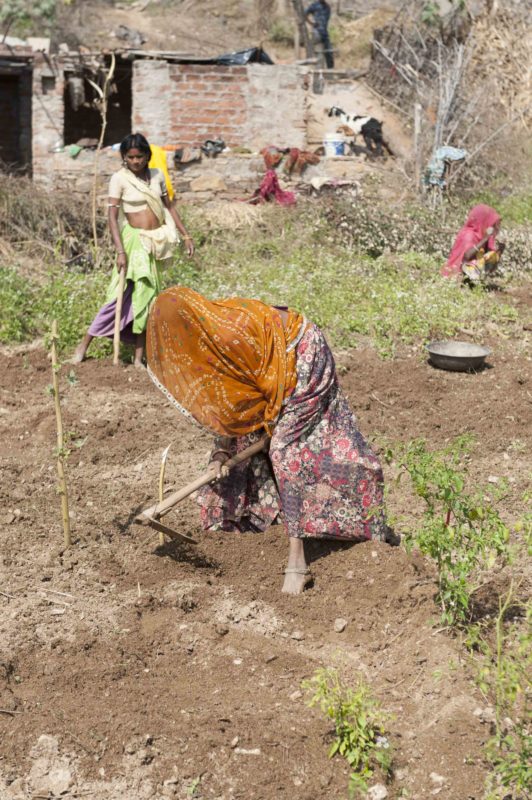
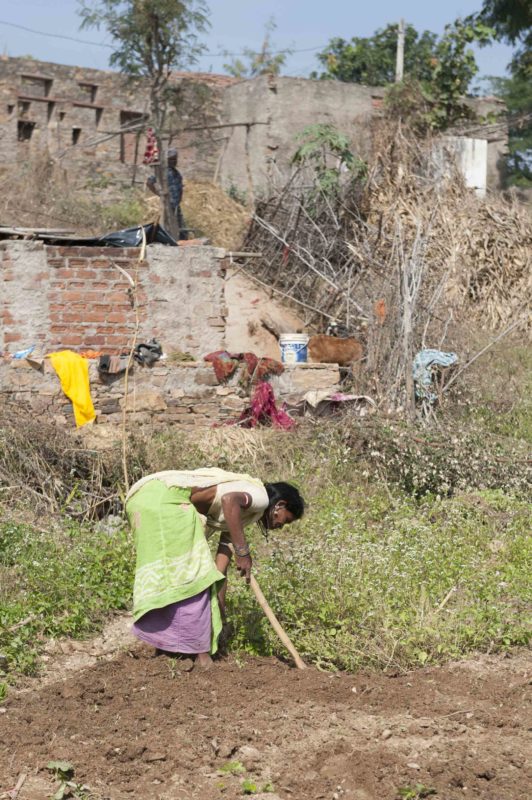
As you may have seen in the media, the suddenness of the lockdown in India, combined with a simultaneous interruption to public transport, stranded millions of migrant workers a long way from home. In southern Rajasthan, as elsewhere, many of these people felt their best option was to walk back to their villages. Support will be required to create livelihoods for those who have returned, and Seva Mandir is consulting community leaders and will design a response as soon as possible.
In the tribal villages where Seva Mandir works, WASH (water, sanitation and hygiene) has long been a focus for the NGO’s efforts. The work has involved building and repairing toilets (and patiently encouraging their use), purifying water and making it more easily accessible to thousands of families, thus reducing the drudgery of women and girls who otherwise have to walk miles every day to collect all the water their families need for washing, cooking, drinking. Seva Mandir’s years of work have made a huge difference, but there are still all too many families with no easy access to clean water and no functioning toilets. (You may like to read more here.)
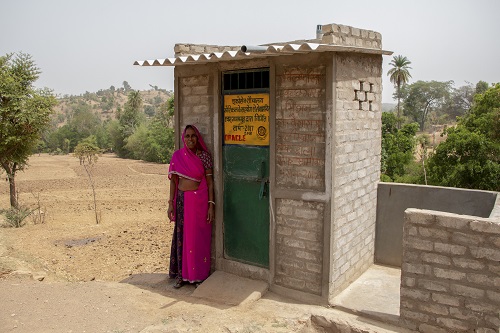
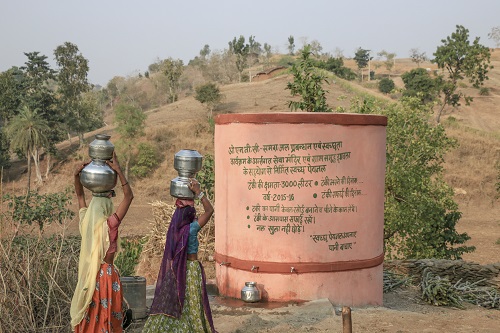
Hygiene practices are not widely known about or implemented in rural (or indeed urban) India, and hand-washing has for many years been one of the key things taught by teachers in Seva Mandir’s schools, its residential learning camp for out-of-school children, and its child day-care centres, as well as by the health workers who advise mothers of young children all over the area. Hygiene practices are of course now more vital than ever in the fight to stop coronavirus raging through the densely populated urban areas of India and through the villages.
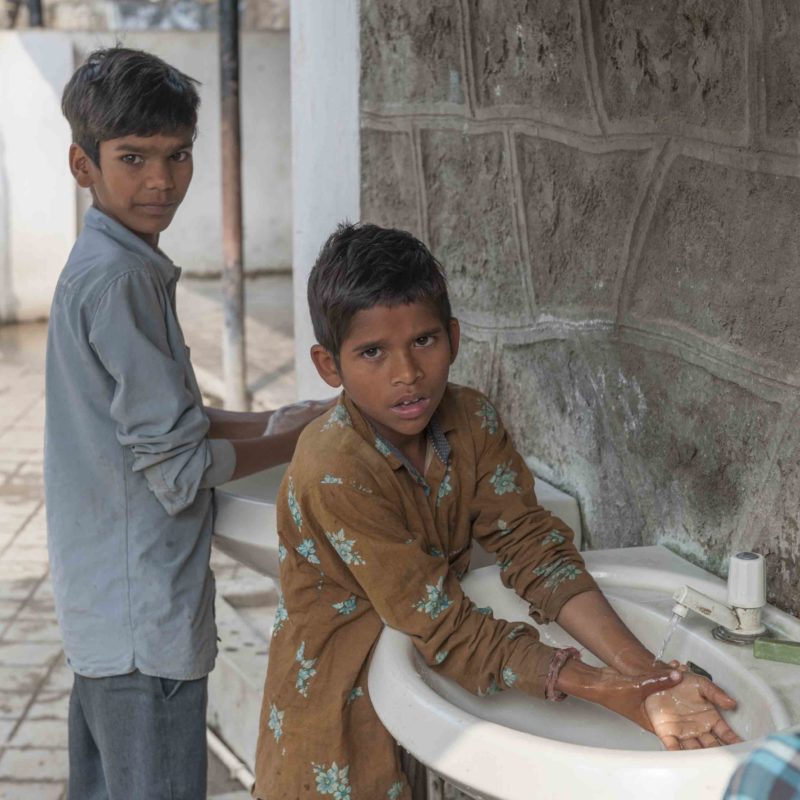
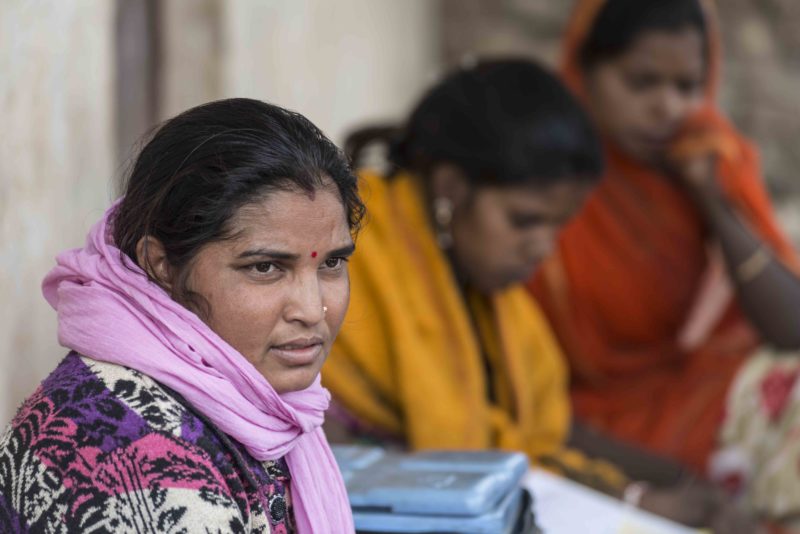
Malnutrition is rife in the area, with large numbers of young children affected. You can read here about Seva Mandir’s work to prevent malnutrition and to cure those afflicted.
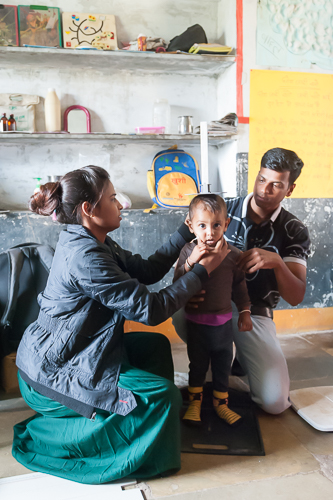
Moreover, the provision of healthcare is at best patchy throughout rural Rajasthan, with no easy or reliable access to qualified medical staff.
As you can easily imagine, in the slums and the remote rural villages, access to vital supplies such as food and hygiene materials is becoming increasingly difficult.
The combination of all these circumstances makes Seva Mandir’s work all the more urgent and necessary, but of course more difficult.
Seva Mandir’s response
Seva Mandir is responding to the current situation in a number of ways. First of all, it is implementing robust measures to protect staff and the people and communities they work with. Even though its offices are closed, staff continue to work from home. For example, primary school teachers, child health workers and day-care centre staff are making regular phone calls to families to ensure they are practising proper hygiene methods and are aware of the latest government advice and regulations.
Seva Mandir is assisting the government in delivering food and
hygiene kits to the families most in need (whether in the urban slums of
Udaipur or in the most remote rural areas).
Hygiene kits containing soap and detergent to last a family of five two weeks are being distributed. Food packs containing daal, rice, vegetables and oil are being distributed to the neediest families in hard-to-reach regions. Each food pack is enough to last a family of five for two weeks. This is being conducted alongside the government’s own relief efforts.
The kits are being distributed by Seva Mandir’s field teams, and each distributor is given his or her own personal protective equipment, which includes masks, hair nets and gloves.
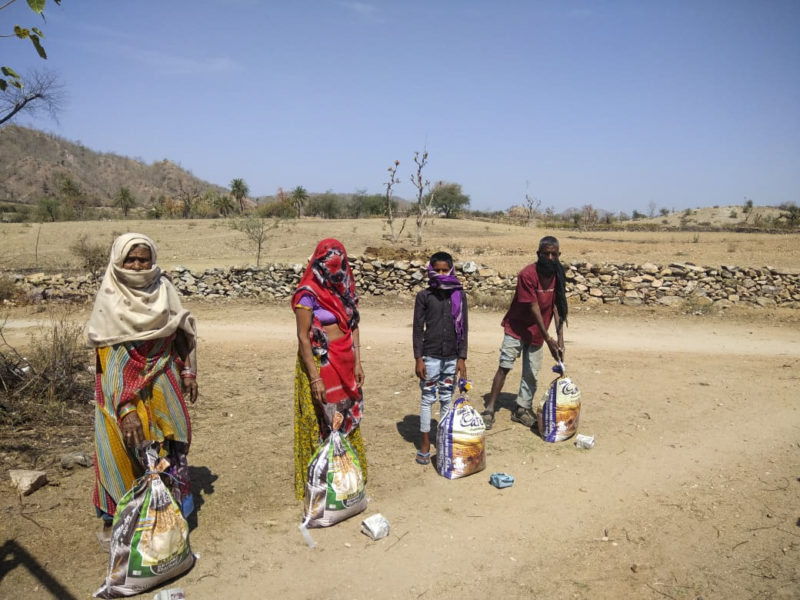

As well as the exceptional efforts necessitated by the crisis, many of the tasks with which Seva Mandir normally assists are more urgently needed than ever. For example, summer crops will need to be sown soon, so the NGO is working out how to arrange support for agricultural input to ensure farmers’ livelihoods and to ensure food supplies.
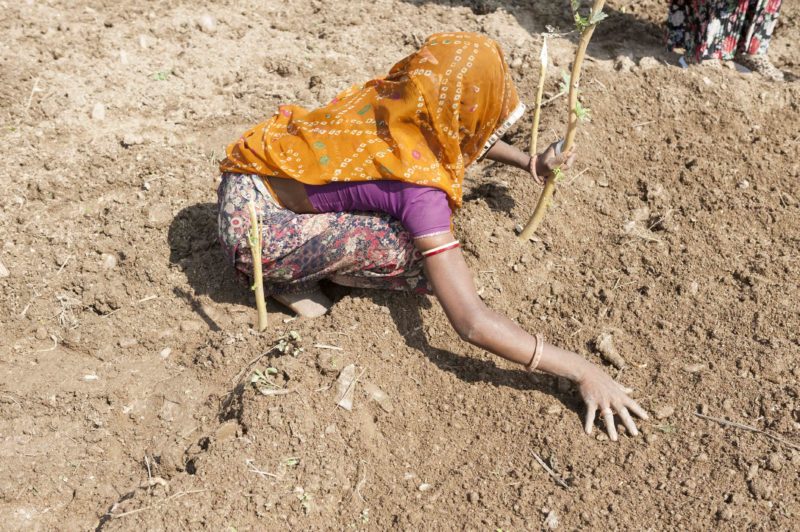
Please help if you can
Seva Mandir has been working for over 50 years to help improve the lives of some of the poorest people in the world. (Remember, the average income of a rural farmer in the area is £140 a year.) If you feel able to contribute to the work being carried out by Seva Mandir to help these communities survive the coronavirus crisis, you can rest assured that every penny will be well used.
For UK residents, the best way to donate is through the Friends of Seva Mandir: please go to our donate page.
Thank you!

